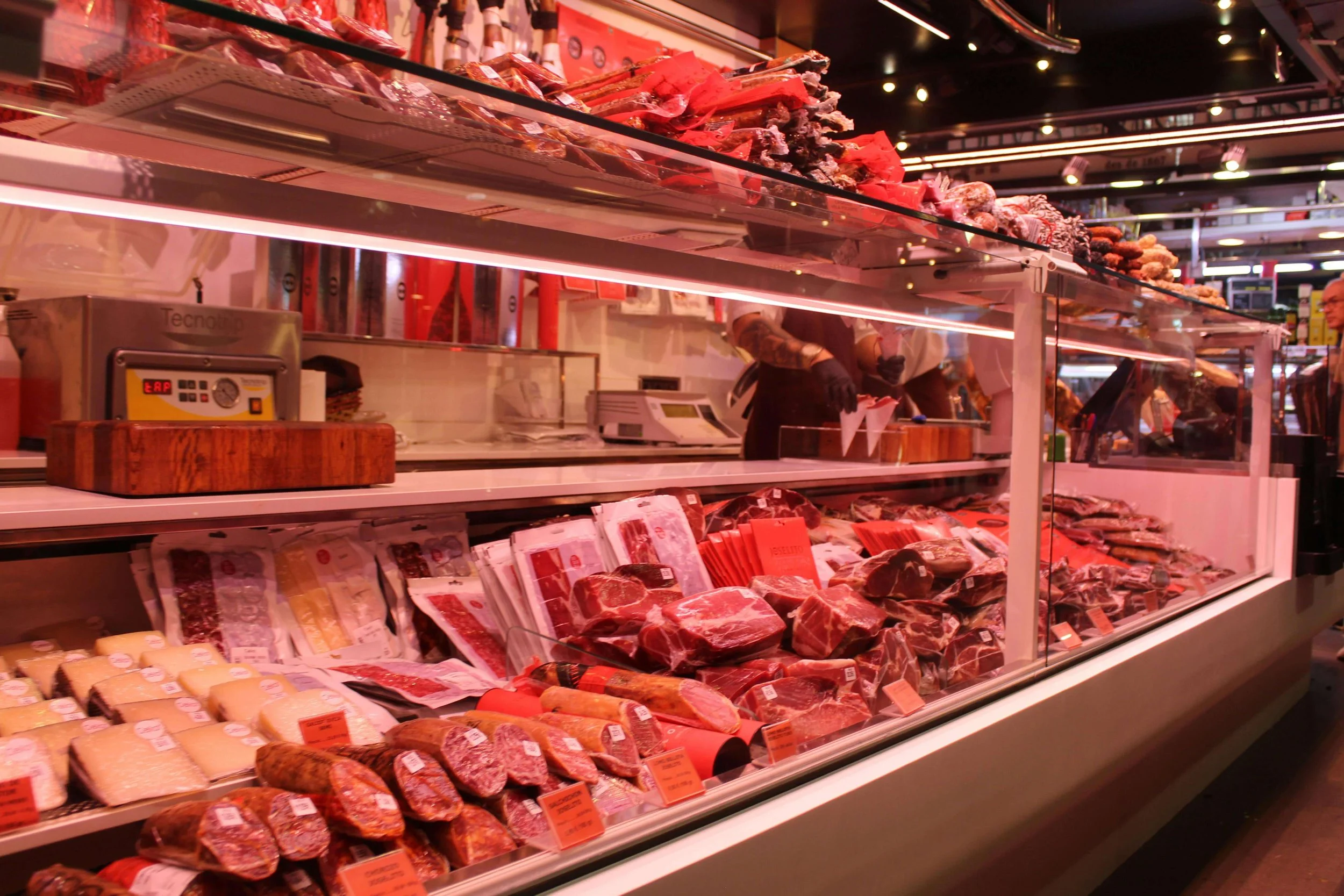Food Recall: Pork Sausage Pulled from Shelves Over Health Hazard
A major pork sausage manufacturer announces a nationwide recall. Thousands of pounds of potentially contaminated products have already reached store shelves and consumer homes across the country, raising concerns about food contamination and food poisoning risk.
Recall Details and Scope
Baltimore-based Impero Foods & Meats has initiated a significant recall of raw pork sausage products after federal inspectors discovered serious safety violations. The company is recalling approximately 7,485 pounds of raw Italian pork sausage items produced between October 3 and December 19, 2024, as part of a voluntary recall.
The affected products include:
10-lb white cardboard boxes containing "Old World Italian Sausage" marked as "rope"
10-lb white cardboard boxes containing "Old World Italian Sausage" marked as "link"
All recalled items bear the establishment number "EST. 10827" inside the USDA mark of inspection. These products have been distributed to restaurants and retail locations across three states: Delaware, Maryland, and Pennsylvania. We have learned that some products may have been sold at deli counters without proper labeling or identification.
The U.S. Department of Agriculture's Food Safety and Inspection Service (FSIS) discovered this issue during routine surveillance activities at a retail location. The FSIS has classified this as a Class I recall, indicating "a health hazard situation where there is a reasonable probability that the use of the product will cause serious, adverse health consequences or death".
FSIS officials are concerned that some of these products may still be in retailers' or restaurants' refrigerators or freezers. While no illnesses have been reported to date, consumers, retailers, and restaurants are strongly advised to check their inventory immediately for these potentially high-risk products.
Regulatory Oversight and Violations
The USDA's Food Safety and Inspection Service (FSIS) uncovered serious regulatory violations during their surveillance activities at retail locations. Impero Foods & Meats was operating under a suspended grant of inspection, a critical violation of federal food safety regulations and meat safety protocols.
We have identified several major compliance issues:
Production without federal inspection oversight
Operation despite suspended inspection status
Violation of interstate commerce requirements
Non-compliance with food safety standards
The FSIS has categorized this as a Class I recall, their highest risk classification, indicating "a reasonable probability that consumption of these products will cause serious adverse health consequences or death". This classification stems from the manufacturer's failure to meet federal inspection requirements, which are legally mandated for facilities producing meat products for interstate commerce.
Federal inspection plays a vital role in ensuring food safety. FSIS routinely conducts effectiveness checks to verify that recalling firms properly notify their customers and take appropriate steps to remove products from the market. The agency shares responsibility with the FDA for monitoring food additives in meat products, ensuring compliance with safety regulations, and overseeing proper labeling requirements.
Conclusion
This significant raw pork sausage recall highlights critical gaps in food safety compliance and poses substantial risks to public health. Impero Foods & Meats' production of 7,485 pounds of uninspected pork products represents a serious breach of federal safety protocols. Their continued operation under a suspended grant of inspection raises alarming questions about oversight effectiveness.
FSIS's classification of this as a Class I recall demands immediate consumer attention. Products distributed across Delaware, Maryland, and Pennsylvania through various retail channels might still lurk in freezers and refrigerators nationwide. Though no illnesses have been reported, the potential health consequences remain severe.
Consumer safety depends on strict adherence to federal inspection requirements. This recall serves as a stark reminder that food safety violations can occur at any point in the production chain. Check your stored products carefully, and prioritize food safety above all else.

